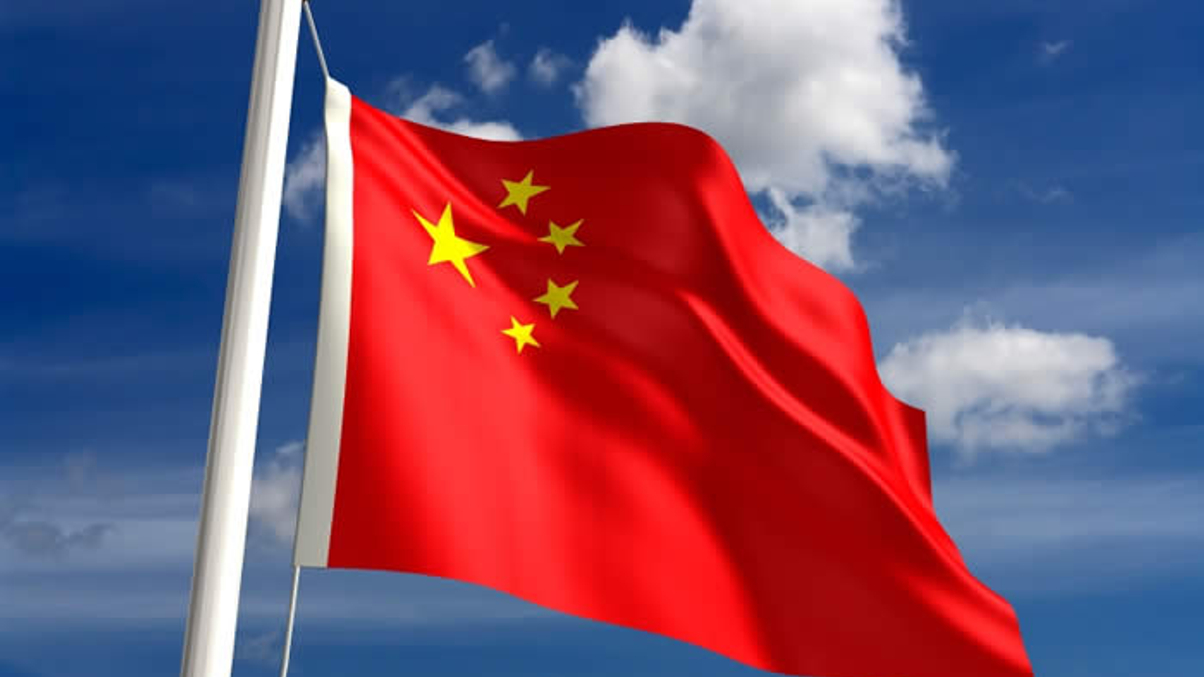China prioritises reform over break-neck growth
China kept its 6.5% GDP growth target and stressed quality over speedy growth. The move could curb investment returns in the short term, but better ensure long-term stability.

China’s leaders are focusing on reforms, cutting leverage and financial risks and opening up its financial market over the naked pursuit of economic growth, according to Premier Li Keqiang. These focuses could mean less stellar investment returns for investors over the short term but lower country risk over the long run, believe analysts and fund managers.
Sign in to read on!
Registered users get 2 free articles in 30 days.
Subscribers have full unlimited access to AsianInvestor
Not signed up? New users get 2 free articles per month, plus a 7-day unlimited free trial.
¬ Haymarket Media Limited. All rights reserved.


